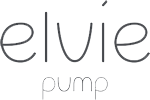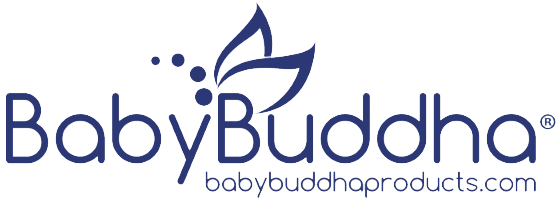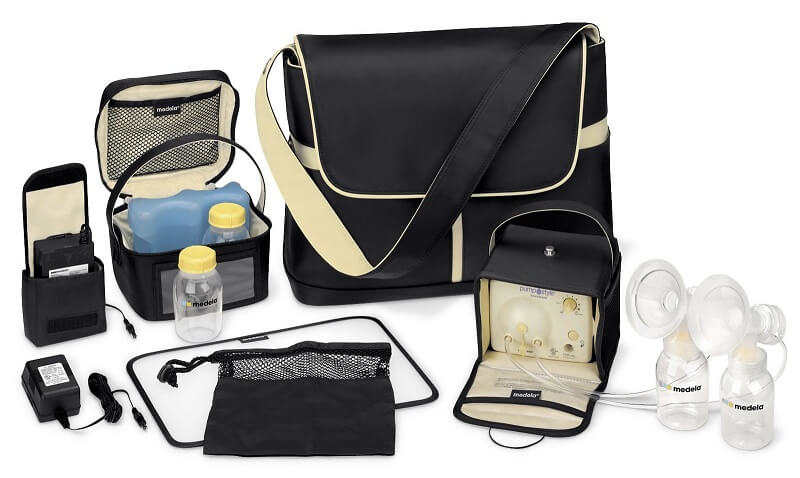Breast Pump Safety
Personnel enriched with knowledge on infant modes of feeding and breastfeeding from the United States Food and Drug Administration commonly referred to as FDA, have compiled a set of follow ups that a mother whose choice of feeding is preferably the breast pumps. The guidelines are here for moms so as to give them a scope on how they can store their expressed breast milk for the infant’s lactation later on.The breastfeeding moms are advised against sharing the breastfeeding pumps as one among the major safety guidelines by the FDA. As much as it is tempting to borrow a used before breast pump from a friend or relative who has shared the experience of its operation and benefits before the idea is not good. Below are a few reasons to support against sharing.
1.) Risk of Contracting a Disease
Rent or purchase of a second hand pump from a relative, friend or elsewhere is not advisable because it is unsafe not knowing the health condition of the previous user from whom you purchased the pump from. The pump might be contaminated with disease causing bacteria from the mother’s breast milk that might cause harm to the infant. The pump might have traces of milk droplets that have cytomegalovirus, hepatitis virus or even HIV virus although the HIV virus will possibly die as its conditions for surviving is poor on the surface. Such microorganisms might be transmitted to the child or the mother.The open system breast pump which is a type of breast pump is the one that has its users at risk of contamination if they acquired it second hand. In this system the breast milk is in contact with all the internal machine parts of the pump. The processed milk passes through a tube into a container mostly the containers are sterilized however the milk might still have come in contact with the internal parts of the pump.
The precaution is to be employed by moms who are to use a second hand pump they rented from a mom who bought her pump for personal use, however rental pumps are exempt as they are designed for the purpose of serving multiple users. The same is true for hospital pumps which are mainly designed to serve multiple users with no risk of infection as the internal parts have completely closed systems.
Breastfeeding pump companies that employ the same technology with their pumps internal parts have no risk of infecting the lactating moms as the processed milk does not come in contact with the internal parts. In such systems the milk containing parts in no way come in contact with the machinery as they are totally separated. Safety is guaranteed as long as the mothers have their own collecting containers.
2.) Don’t Compromise On Efficiency.
Moms who buy the handed down breast pumps will also be inconvenienced as the pumps are less efficient. Their suction power is less effective as compared to new ones since their motor power is quite low as it was used progressively with the previous user, in time the seals also deteriorate. With the device having been intended for one user it definitely has a lifespan and its operations might not be as efficient as before if used by someone else.
Extra Tips for First Time Users of the Pump
For moms who are using the manual or electric breast pump for the first time below are extra tips that will assist in ensuring she is comfortable using the breast pump and that the baby is always nourished using the important breast milk.
-The moms should use proper shields that ensure the material does not rub on the nipple or breast
-The pumps should be of proper hygiene always by washing them, on washing the parts should be dismantled and properly cleaned with the brush they come with.
-Milk residues should be removed during cleaning as they might cross contaminate the container.
In using the apparatus safety should be of great concern to the mothers and this is only possible if the moms choose the right feeding accessories for their infant.
Check to see if your insurance covers breast pumps and how the process is handled.
Published by:
Insurance Breast Pumps













